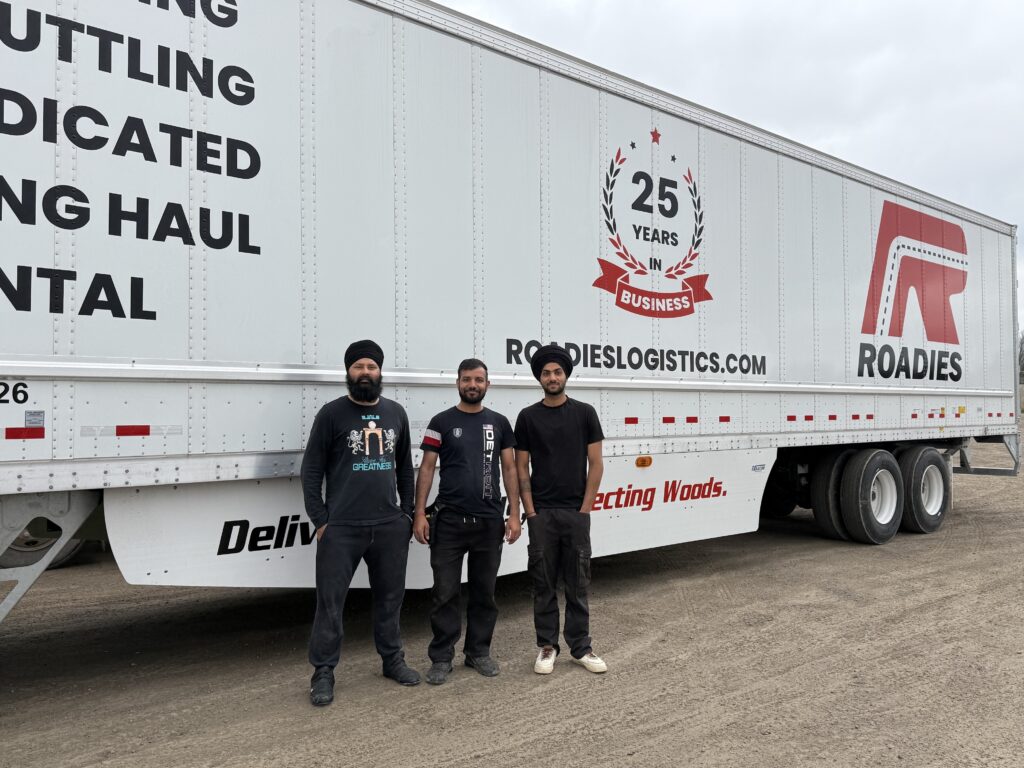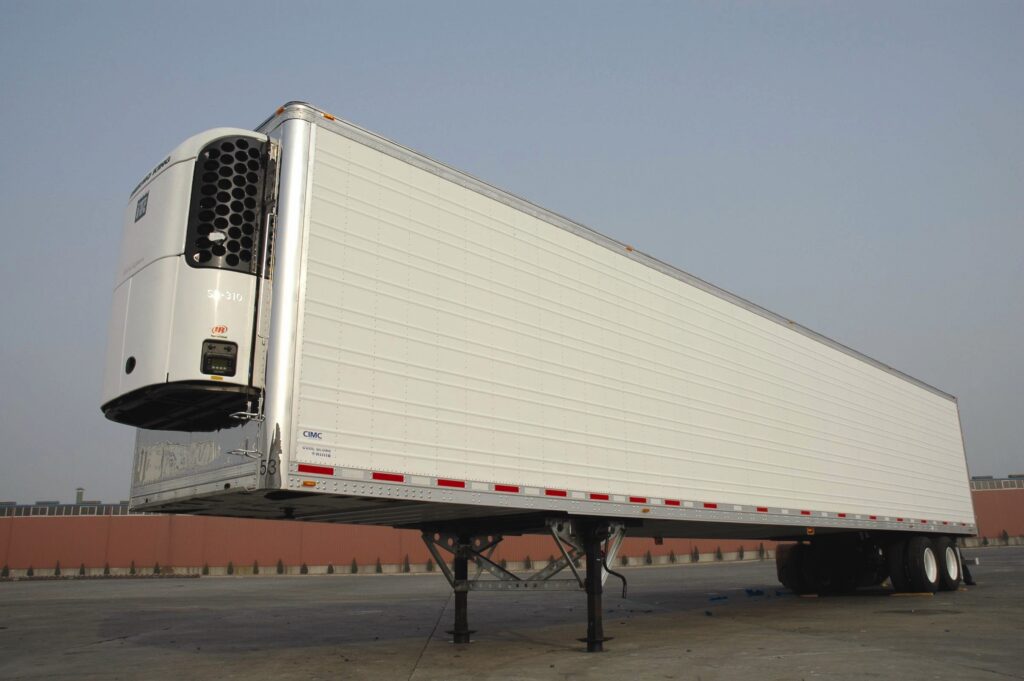As the demand for perishable goods continues to rise across various industries such as food, pharmaceuticals, and agriculture, the role of refrigerated trailers (also known as reefers) has become more critical than ever. At Transit Trailer, we understand the growing importance of cold chain logistics and how advancements in technology are revolutionizing the capabilities of reefers in the modern supply chain. This article explores the future of refrigerated trailers and how they are evolving to meet the needs of businesses worldwide.
The Growing Role of Refrigerated Trailers in Cold Chain Logistics
Refrigerated trailers play an essential role in transporting temperature-sensitive goods. The cold chain refers to the process of maintaining a consistent low temperature throughout the transportation, storage, and handling of perishable products. Without reliable reefers, the food, pharmaceutical, and agricultural industries would face significant challenges in ensuring the safe delivery of their products.
As consumer demand for fresh, frozen, and temperature-sensitive goods increases, so does the need for advanced refrigerated transportation solutions. Refrigerated trailers ensure that these goods remain at the appropriate temperature throughout the entire supply chain journey.
Advancements in Technology: Shaping the Future of Refrigerated Trailers
The future of reefers is heavily influenced by technological advancements aimed at improving efficiency, sustainability, and tracking capabilities. Let’s look at some of the key innovations shaping the evolution of refrigerated trailers:
- Energy Efficiency and Sustainability
As environmental concerns grow, there is an increasing emphasis on reducing the carbon footprint of logistics operations. Energy-efficient reefers are becoming a priority for the transportation industry. Newer models are designed with improved insulation and advanced refrigeration systems, ensuring that less energy is required to maintain temperature control during transportation. In addition, manufacturers are developing eco-friendly refrigerants that have a lower environmental impact compared to traditional options. These advancements help reduce the overall energy consumption of refrigerated trailers, making them more sustainable for long-term use. - Remote Monitoring and Temperature Control
One of the most notable advancements in reefer technology is the integration of IoT (Internet of Things) for real-time monitoring and control of the trailer’s internal conditions. With remote temperature monitoring, fleet managers and operators can track the temperature of their trailers at any time, ensuring that the cold chain is maintained from origin to destination. These smart reefers come equipped with sensors that continuously monitor temperature, humidity, and fuel levels, sending alerts if any parameters fall out of range. This provides businesses with peace of mind, knowing that their temperature-sensitive products are being transported safely and efficiently. - Autonomous Refrigerated Trailers
Looking ahead, autonomous refrigerated trailers are expected to make a significant impact on the industry. These trailers, equipped with self-driving technology, could reduce the need for human drivers, lower labor costs, and increase operational efficiency. In addition to self-driving technology, autonomous reefers are being developed with enhanced AI-powered logistics systems that optimize route planning, reduce fuel consumption, and ensure timely delivery of temperature-sensitive goods. - Improved Cargo Space and Payload Capacity
As the demand for more efficient and versatile refrigerated transportation grows, manufacturers are working on designing trailers with larger cargo spaces and higher payload capacities. This allows for better utilization of space while maintaining the necessary temperature control for perishable goods. Innovations in modular storage designs are allowing reefers to be more flexible, offering customizable storage options based on the type of goods being transported, whether they are frozen foods, pharmaceuticals, or fresh produce.
The Impact of Refrigerated Trailers on the Supply Chain
The ongoing evolution of refrigerated trailers will have a significant impact on supply chain operations. Cold chain logistics is integral to industries that depend on preserving the quality and safety of perishable goods. As the reefers of the future become more technologically advanced, businesses will experience:
- Improved Delivery Timelines: With more efficient temperature control systems, refrigerated trailers can shorten delivery times, ensuring that perishable products reach their destinations faster while maintaining optimal conditions.
- Enhanced Traceability and Transparency: With real-time data from IoT-enabled reefers, businesses and consumers alike will have greater transparency regarding the condition of goods during transit, improving trust and reliability in the supply chain.
- Cost Savings: Energy-efficient and autonomous refrigerated trailers will help reduce fuel costs, maintenance expenses, and the potential for spoilage, resulting in more cost-effective operations.
- Sustainability and Compliance: As businesses and governments alike focus on reducing emissions and improving sustainability, modern reefers with eco-friendly refrigerants and energy-efficient systems will help ensure that businesses remain compliant with environmental regulations.
The Future of Refrigerated Trailers at Transit Trailer
As businesses adapt to the growing need for temperature-sensitive transportation, the role of refrigerated trailers in the supply chain will continue to evolve. With technological advancements in cold chain logistics, reefers are becoming smarter, more efficient, and more sustainable than ever before.
At Transit Trailer, we are committed to providing the latest refrigerated trailer solutions to meet the evolving needs of the food, pharmaceutical, and agriculture industries. Whether you’re looking for state-of-the-art reefers equipped with remote monitoring, or energy-efficient models to help reduce your carbon footprint, we’ve got you covered.
Contact us today to learn more about how refrigerated trailers can enhance your cold chain logistics and help you stay ahead in an ever-changing supply chain landscape.








